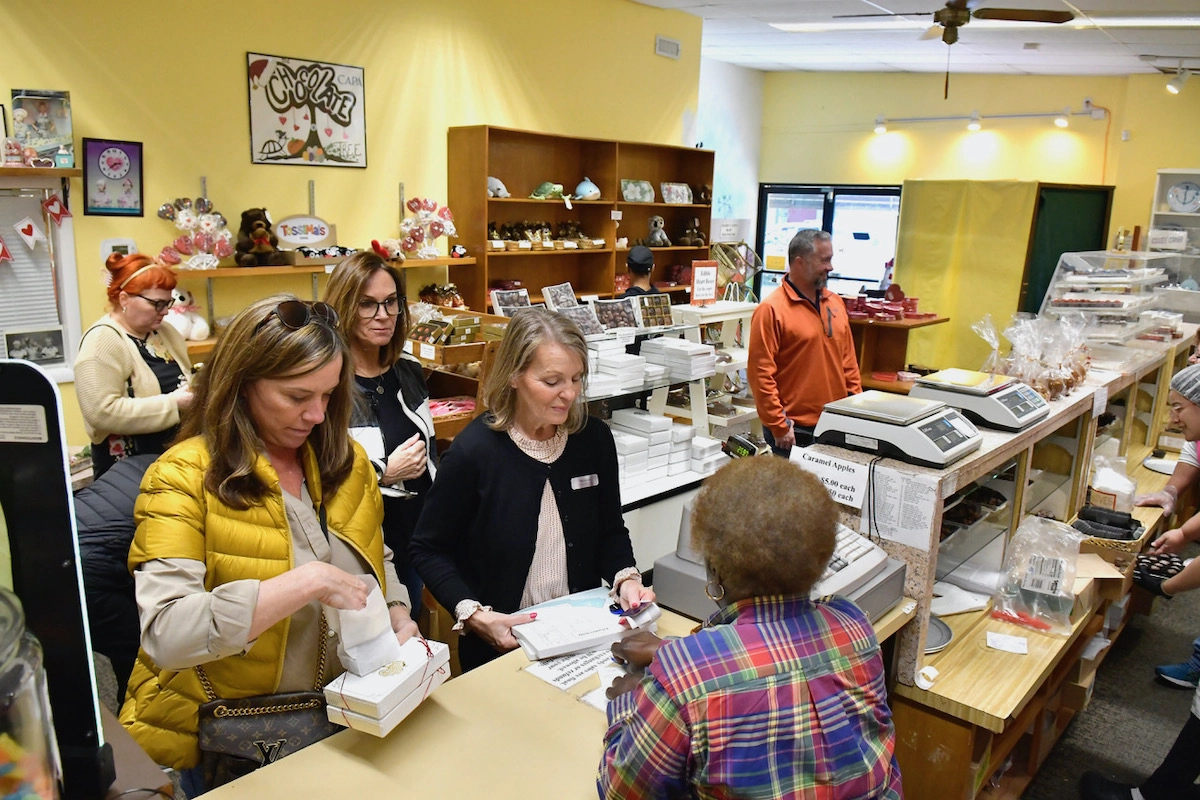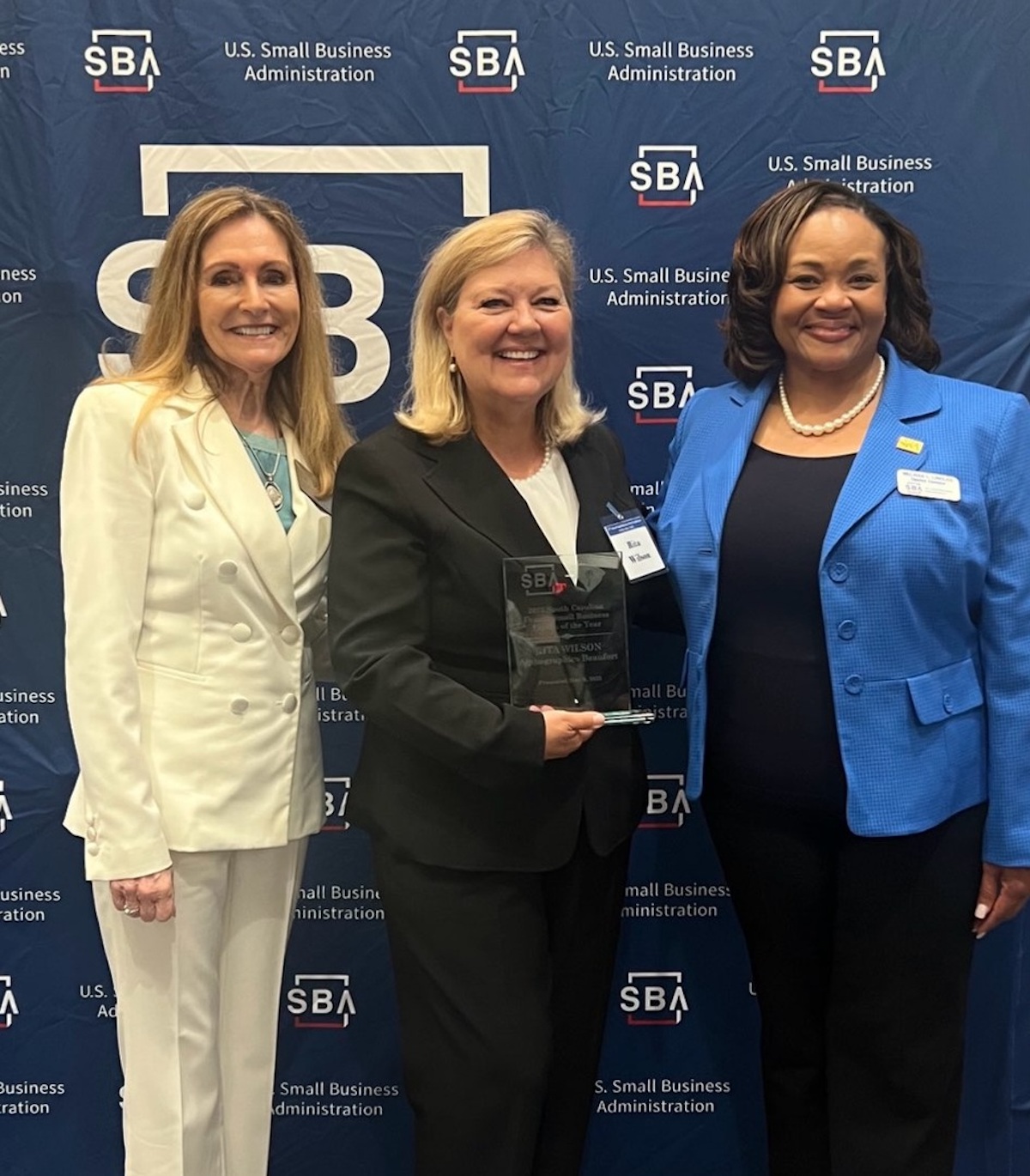Difficult financial times have forced many people young and old to alter their lifestyles in order to stay afloat financially. Though unemployment and job dissatisfaction has garnered most of the headlines as the economy has struggled through the COVID-19 crisis, it’s not just men and women of working age who have felt the pinch.
For many seniors fearful of financial struggles, learning how to successfully live on a fixed income can be a helpful way of ensuring their future. The following provides a framework seniors can rely on to keep their heads above water during difficult economic times.
Make an honest assessment. Living on a fixed income involves being honest with yourself and admitting what your resources truly are. Write down any sources of income, including Social Security payments, pension payouts, investments, etc. Then write down how much money you have in savings or print out a statement of all savings accounts.
Once you have an accurate figure of both income and savings, write down all your monthly expenses, including all expenses, no matter how minute they may seem. From here you can determine just how much you can spend each month.
Prioritize spending habits. Some expenses, including medications and monthly utility bills, will always remain a top priority. However, men and women who must begin living on a fixed income need to prioritize how they spend their discretionary funds. For instance, a membership at a golf club can cost several thousands of dollars per year, whereas the local public golf course only charges players each time they play.
Find it for free. Men and women pay for many services each month that they could very well find for free. Always ask if a service, restaurant, or retail store offers a senior discount. For example, in addition to books, many local libraries now allow members to check out CDs and DVDs at no cost. The same also goes for magazines. If the local library does not have your favorite periodical, the content could very well be available to read for free online at your library.
Expect the unexpected. One of the worst things that can happen to a person on a fixed income is to encounter an unexpected cost. This can include an unforeseen hospital visit (even Medicare has associated costs), a costly auto repair or even inflation that wasn’t factored into your initial fixed income budget. Men and women on fixed incomes should expect such emergencies and save accordingly each month. Saving money should never go out of style, and those on fixed incomes should still attempt to save money each month. Coming in under budget and making the most of it can make the difference between capably handling an emergency or being forced to consider unattractive alternatives such as filing for bankruptcy.
For more information on living on a fixed income, visit the AARP at www.aarp.org.







